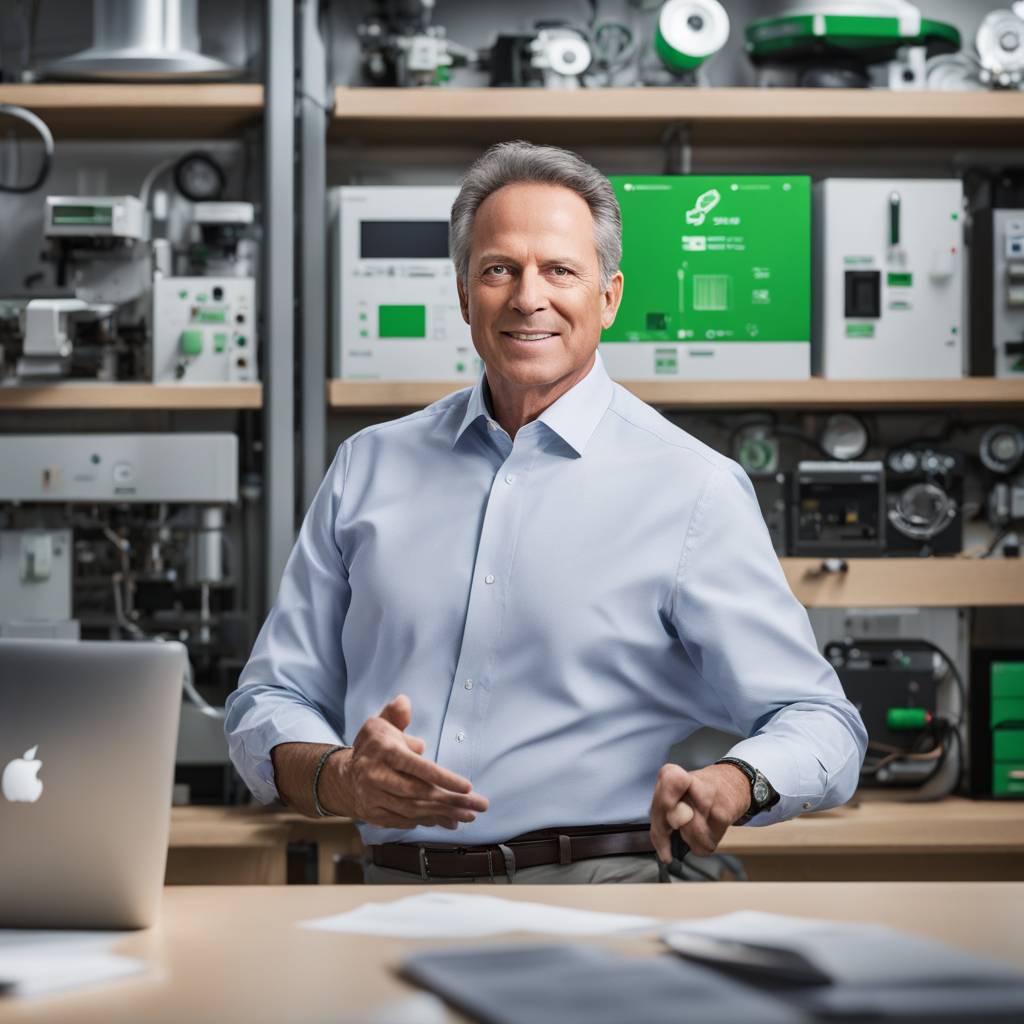At the Schneider Electric Innovation Summit in Paris, CEO Peter Herweck emphasized the need for a fundamental transition towards a more sustainable future through the adoption of electrification and digitization. He highlighted that 80% of climate change is attributed to carbon emissions, with a significant portion stemming from energy generation and consumption. By leveraging digitization and electrification to make energy consumption more efficient and production less carbon-intensive, Herweck believes that the world can significantly reduce CO2 emissions.
The deployment of automation and artificial intelligence solutions by companies like Schneider Electric is seen as a key enabler in transforming industries and consumer habits to achieve energy efficiency and emission reductions. Herweck emphasized the importance of employing AI-powered systems in electricity grids and home energy management to drive resilience and efficiency. The company’s EcoStruxure architecture and platform, which integrates IoT, cloud computing, analytics, and cybersecurity, is at the forefront of this transformation, enabling comprehensive energy management solutions for homes, buildings, data centers, infrastructure, and industries.
Schneider Electric has ramped up its research and development spending to nearly 8% of its revenue, reflecting its commitment to advancing technologies that promote sustainability. The company aims to make its technologies accessible for a wide range of applications, from residential to commercial settings, in response to the rapid urbanization trends observed globally. Herweck emphasized that while there are business opportunities in this space, the focus is on addressing critical needs related to climate change and energy management.
In line with its commitment to sustainability, Schneider Electric is among the thousands of companies with Science Based Targets initiative (SBTi) validated net-zero commitments. The company has been advocating for cleaner energy and transformation for over two decades and has set specific carbon targets for 2030 and 2050. Herweck stressed the urgency of addressing climate change, particularly in regions highly susceptible to its impacts, and highlighted the importance of proactive measures to mitigate its effects.
The push towards a more digital and electrical economy is seen as essential for driving efficiency and sustainability in the face of climate change challenges. By embracing innovations that leverage automation, AI, and advanced energy management solutions, companies like Schneider Electric are poised to make a significant impact in reducing carbon emissions and promoting cleaner energy practices. The focus on integrating technologies across various sectors, from manufacturing to residential energy management, underscores the potential for a more sustainable future driven by electrification and digitization.













